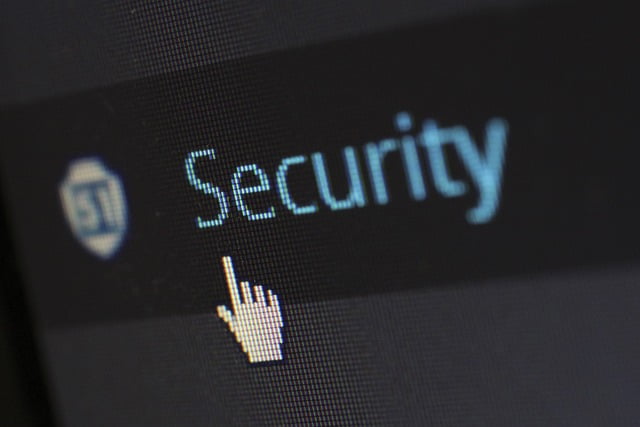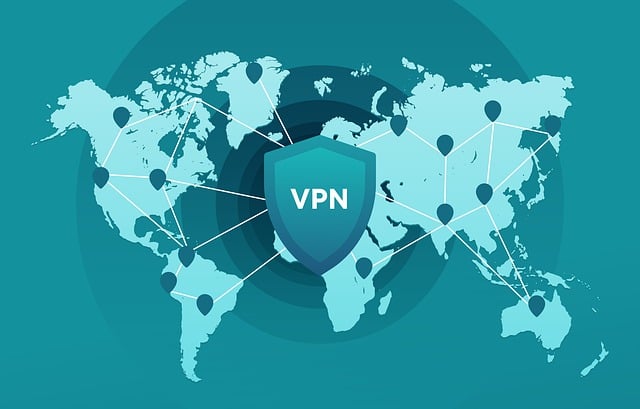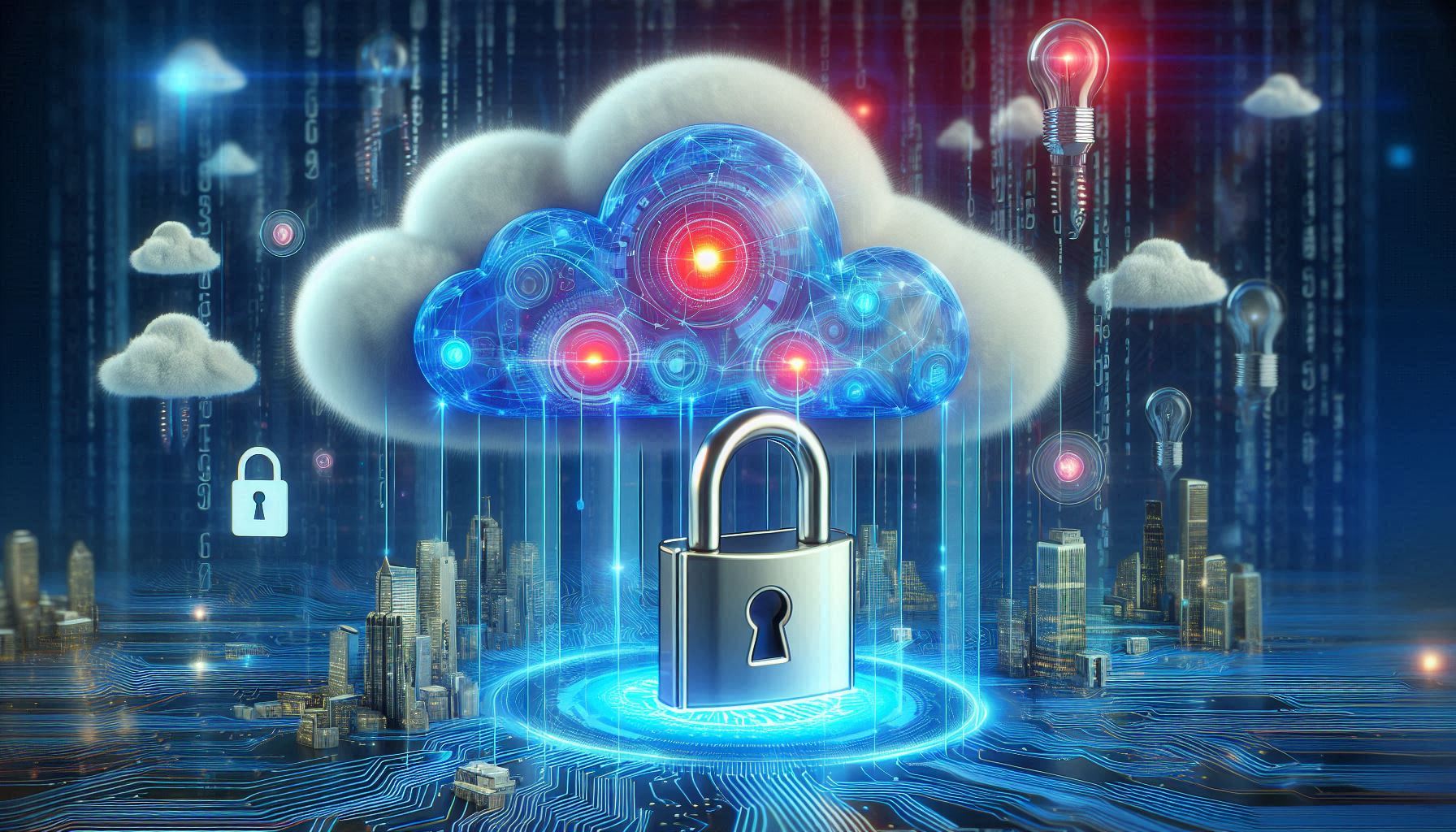The Crucial Role of Two-Factor Authentication with VPNs

The two-factor authentication with VPNs function, It’s more important than ever to protect internet security in the modern digital world. Users need to take strong precautions to safeguard their data and privacy because cyber dangers are becoming more common. Virtual private networks (VPNs) and two-factor authentication (2FA) work together to offer a potent way to improve online security.
Understanding Two-Factor Authentication (2FA)
Two-factor authentication (2FA) is a security process that requires users to provide two distinct forms of identification before accessing an account or service. Typically, these two forms include:
- Something You Know: A password or PIN.
- Something You Have: A physical device such as a smartphone, security token, or a biometric identifier like a fingerprint.
This additional layer of security significantly reduces the risk of unauthorized access, as even if a password is compromised, the attacker would still need the second factor to gain entry.
Understanding Virtual Private Networks (VPNs)
A Virtual Private Network (VPN) creates a secure and encrypted connection over a less secure network, typically the internet. VPNs offer several key benefits:
- Encryption: Data transmitted over the VPN is encrypted, protecting it from eavesdropping and interception.
- Privacy: VPNs mask your IP address, making it difficult for websites and services to track your online activities.
- Access Control: VPNs can restrict access to sensitive resources, ensuring that only authorized users can connect.
The Synergy Between 2FA and VPNs
Combining 2FA with VPNs enhances security by addressing different aspects of online protection. Here’s how they work together:
- Enhanced Authentication Security: Using 2FA ensures that only authenticated users can initiate a VPN connection. This adds a robust layer of security beyond just relying on a password.
- Protection Against Credential Theft: Even if VPN credentials are compromised, 2FA prevents unauthorized access by requiring the second factor.
- Secure Remote Access: For organizations, combining VPNs with 2FA ensures that employees can securely access corporate resources from remote locations, reducing the risk of data breaches.
- Compliance and Risk Management: Many regulatory standards and security frameworks require or recommend the use of 2FA and VPNs to protect sensitive data, making their combination crucial for compliance.
Implementing Two-Factor Authentication with VPNs
To implement 2FA with VPNs effectively, follow these steps:
- Choose a VPN Service with 2FA Support: Ensure your VPN provider supports 2FA. Many modern VPN services offer built-in 2FA options.
- Enable 2FA: Activate 2FA on your VPN account through the provider’s settings. This often involves linking your account with an authenticator app or a hardware token.
- Educate Users: Train users on the importance of 2FA and how to use it. Provide clear instructions on setting up and using 2FA with the VPN.
- Regular Updates and Monitoring: Keep your VPN software and 2FA methods up to date. Regularly monitor access logs and alerts to detect and respond to suspicious activities.
Conclusion Two-Factor Authentication with VPNs
In an era where cyber threats are ever-evolving, the combination of two-factor authentication and VPNs provides a robust defense mechanism. By requiring two forms of verification and encrypting data transmissions, this dual approach significantly enhances online security, protecting both individual users and organizations from potential breaches. Prioritizing the implementation of 2FA with VPNs is a critical step toward achieving comprehensive cybersecurity.
Loading newsletter form...






